
By Fiifi NETTEY
The liberalisation of Ghana’s airwaves transformed the nation’s media landscape. Once dominated by state-controlled broadcasting, the sector has blossomed into a vibrant space of plurality, diversity and competition. Today, radio is not only a tool of entertainment but also a platform for education, national development and democratic engagement.

According to the report from the National Communications Authority (NCA), Ghana had 805 authorised FM broadcasting stations by the fourth quarter of 2024, with 549 currently operational. These comprise 31 public (state-run) stations, 5 foreign public outlets such as the BBC and RFI, 161 community stations, 25 campus stations and 583 commercial stations commanding commands.
The distribution of these stations reflects varying levels of opportunity. The Greater Accra and Ashanti Regions have the highest concentration of active radio stations. Coastal and southern regions—including Western, Eastern, Central and Volta—also record significant numbers. In contrast, the northern regions, along with Oti, Bono East, Western North and Northeast, have relatively few radio stations.
The growth of radio underscores the confidence Ghanaians place in the medium. Radio remains one of the country’s most accessible channels for news, education and civic dialogue. In many rural areas, it continues to bridge literacy gaps, give voice to the marginalised and connect communities that mainstream digital platforms have yet to reach and promote developments. More importantly, radio has been central to Ghana’s democratic journey. It amplifies public debate, holds leaders accountable and protects citizens’ rights to free expression. For countless Ghanaians, it is still the most trusted medium of communication.
But with this rapid expansion comes a pressing concern: professionalism within the practice. While freedom of expression is protected, ethical responsibility is often neglected. Issues of accuracy, balance, unbiased and fairness are sometimes sacrificed in the scramble for audiences. The result is a drift away from radio’s original mandate of serving the populist with informing, educating and entertaining.
A senior broadcast journalist explained the importance of discipline on air. “Every broadcast must be scripted, researched and carefully executed. Radio is not a space for guesswork and false information. The audience depends on us, and everything said must be factual, accurate and verifiable. Timeliness is equally important—every second counts.” It is not a place for guesswork but seriousness at all levels, and it is interactive.
A veteran broadcast journalist Teye Kitcher, with over three decades in the field of radio, agrees that the industry has changed drastically. Technology has lightened the burden—equipment is more compact, programming more flexible and access far easier. Yet, he worries about professionalism. “Many presenters cannot properly read or write the very local languages they broadcast in,” he said. “The lack of formal training and continuous professional development has weakened standards. What we hear too often is noise rather than genuine information.”
Kitcher recommends that presenters at local stations take courses at the Ghana School of Languages to improve their proficiency of the local language. Without such investments, he warned, radio risks losing both credibility and its cultural roots.
Kojo Mensah, a veteran broadcast journalist with over three decades of experience, lamented that radio in Ghana is ‘terrible’. According to him, many presenters today create their own rules of ethics, often bending them to serve the interests of their political paymasters. “Their sponsors, who are usually politicians, push particular ideologies; and even when presenters know what they are doing is wrong, they still go ahead to defend it,” he said.
He questioned why Ghana, relative to its land size and population, has more radio stations than almost anywhere else in the world. “How is that possible?” he asked. “It certainly cannot be because of commercial viability, because we don’t even have enough businesses to sustain them. Radio stations survive on advertising to pay fees, but in our case, politics has become the main financier. Unfortunately, politics is the least likely to uphold professionalism, because the priority is to push a message rather than serve the public.”
Mr. Mensah further argued that many of today’s presenters are not journalists in the true sense of the word. “They are mouthpieces for particular opinions, yet we keep calling them journalists. It’s like the misuse of the word ‘Honourable’—outside Parliament, you’re not supposed to use it, but in Ghana we do. Similarly, when people write rubbish or behave unethically, instead of calling them out, we support them.”
Reflecting on his own journey, he credited his mentors—Beatrice Adu, Daniel Eshon, Daniel Agyei and Mike Eggan—for inspiring him to pursue broadcasting. “Those were the professionals I looked up to. Their work resonated with me every morning when I woke up. They were dedicated, disciplined and consistent, and it was through their example that I became the broadcast journalist I am today,” he said.
Michael remarked that English radio is phenomenal, maintaining high standards, professionalism and readiness for the task. They have adapted impressively to technological advancements and continue to keep listeners well informed. What amazes him most is how they have converged their platforms, allowing audiences to see what’s happening in the studios and feel part of the discussions. “English radio is far better,” he added. “I don’t listen to local stations because I don’t understand what they do.”
Esther, another broadcast journalist shares similar concerns. While she applauds the innovations technology has brought, she laments the decline in structured programming. “Too many stations follow a ‘mix-and-say’ approach. There is no plan, no expertise is invited to provide real insight—just spontaneous chatter. Worse still, presenters mix English and local languages haphazardly, while callers use inappropriate words with little moderation.”
Her fear is that if this trend continues, Ghana risks losing the richness of pure local languages on air. “Professionalism is fading, and with it radio’s essence.” Another veteran summed it up bluntly: “Radio in our time was marvelous and very professional. Everything was scripted and orderly. The host carries you along, and even though we all listened together, each of us came away with our own reflections. Today, it is about personalities, propaganda and raw delivery without context. I truly miss the discipline we had in our time.”
In a conversation with Jojo – a broadcast journalist, he observed that radio in Ghana is not entirely bad, especially when it comes to English-language stations, which generally adhere to some professional and ethical standards. However, the concern lies with many local-language stations, where ethical standards are often neglected.
He explained that listening to these stations sometimes makes him sad because local-language broadcasting presents a unique opportunity to promote community development and preserve indigenous languages. Instead, many stations are diluting the purity of the languages by introducing unnecessary jargon and frequently mixing English with local dialects.
According to him, the introduction of local radio, rather than strengthening indigenous languages, has in some ways contributed to their deterioration. He also questioned the practice of writing news scripts in English and then reading them in local languages, wondering how effective and authentic such an approach could be.
He questioned why the Broadcasting Bill has still not been passed into law, noting that its implementation would bring much-needed sanity to radio. He also expressed concern about why the National Communications Authority (NCA) and the National Media Commission (NMC) are not enforcing the use of delay broadcast machines, which by law all radio stations should have, which could also help curb the spread of hate speech and unprofessional languages used on radio.
This erosion of standards has broader implications. Irresponsible broadcasting—often marked by unverified allegations, sensationalism and even hate speech—poses a direct threat to Ghana’s democracy. When left unchecked, it undermines public trust and weakens the very freedoms radio was meant to safeguard.
To address these challenges, stronger regulation is needed. Stakeholders such as the National Media Commission (NMC), the Independent Broadcasters Association of Ghana (GIBA) and the Ghana Journalists Association (GJA) must work together to pressure the government to pass the long-delayed Broadcasting Bill. Only then can radio’s future be secured—not as a source of noise and division, but as a guardian of truth, accountability,and nation-building.
Radio remains one of Ghana’s greatest democratic assets. But its continued relevance will depend on whether practitioners can balance freedom with responsibility and whether professionalism can once again become the hallmark of broadcasting.
The post Radio practice: Balancing politics and professionalism appeared first on The Business & Financial Times.
Read Full Story

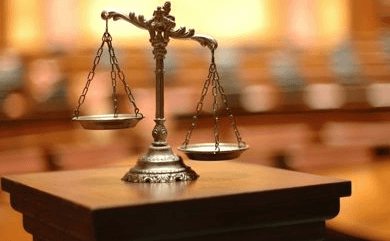
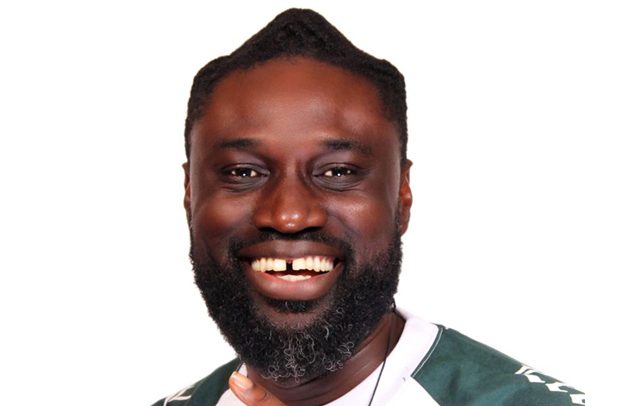
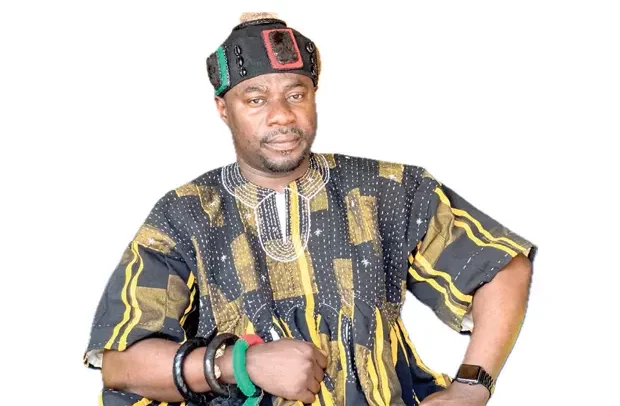
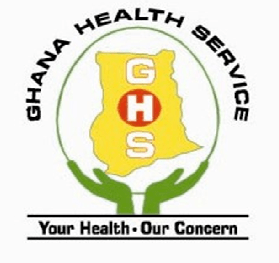



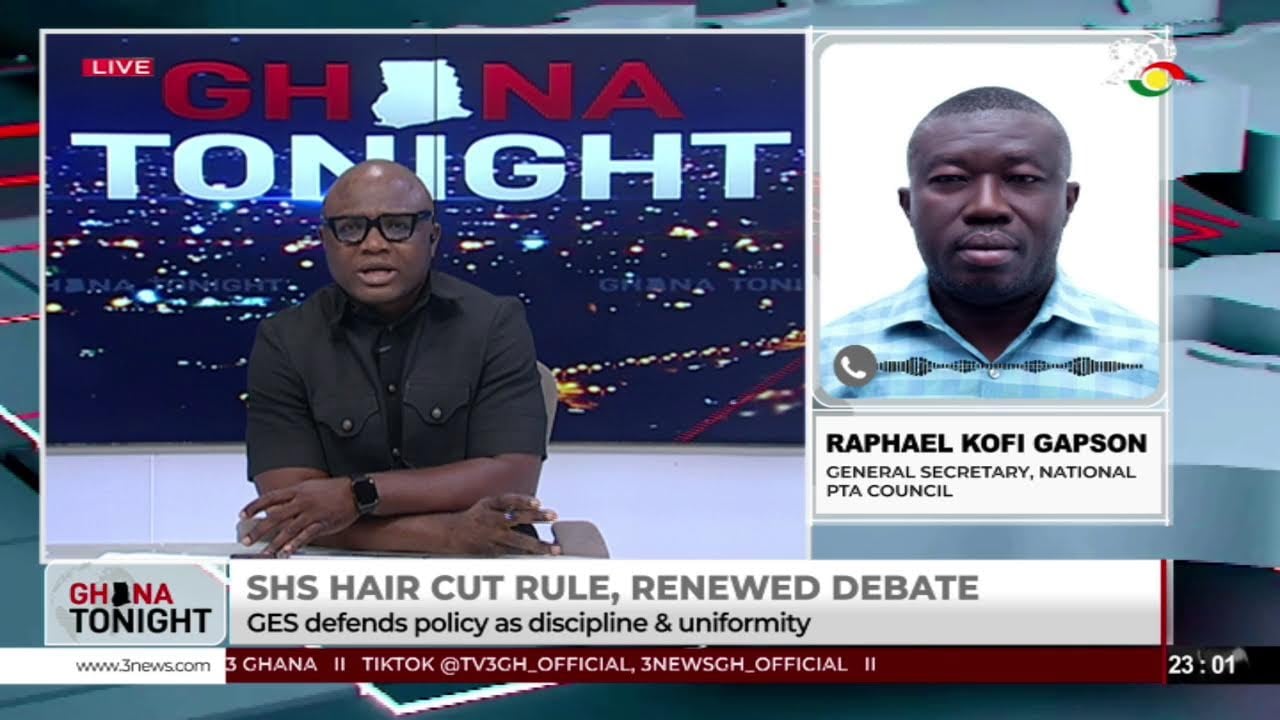
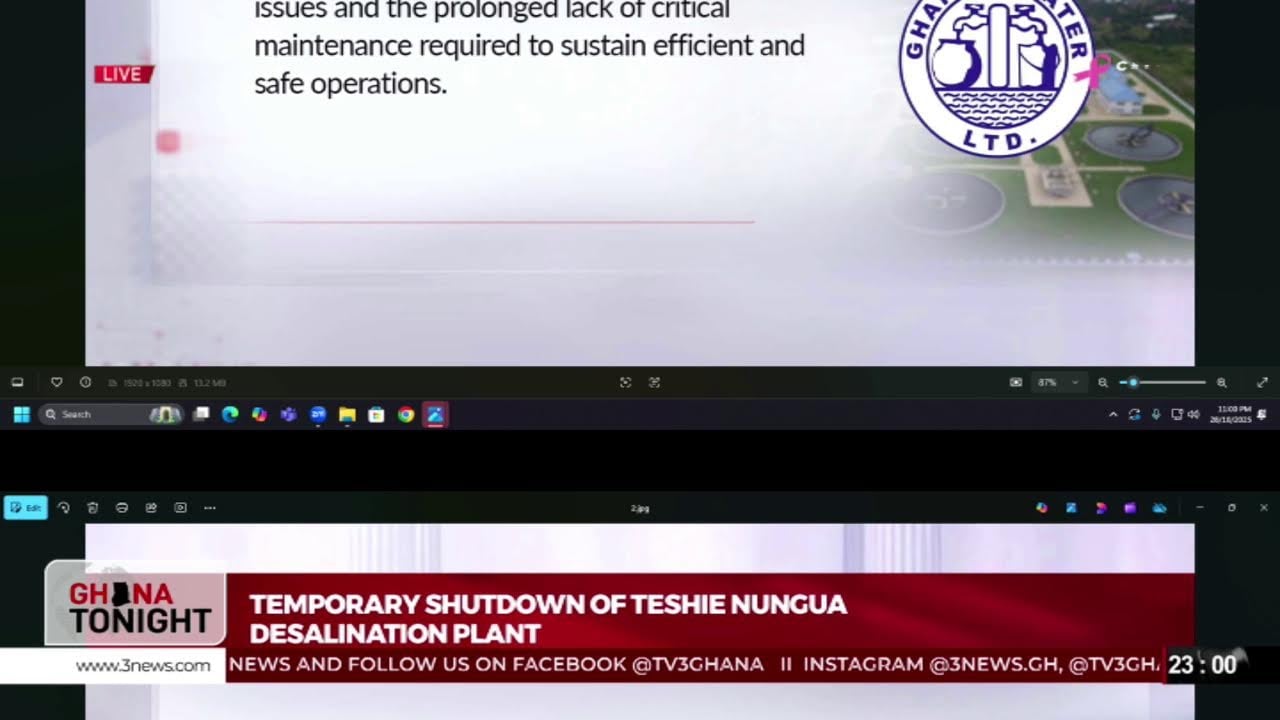

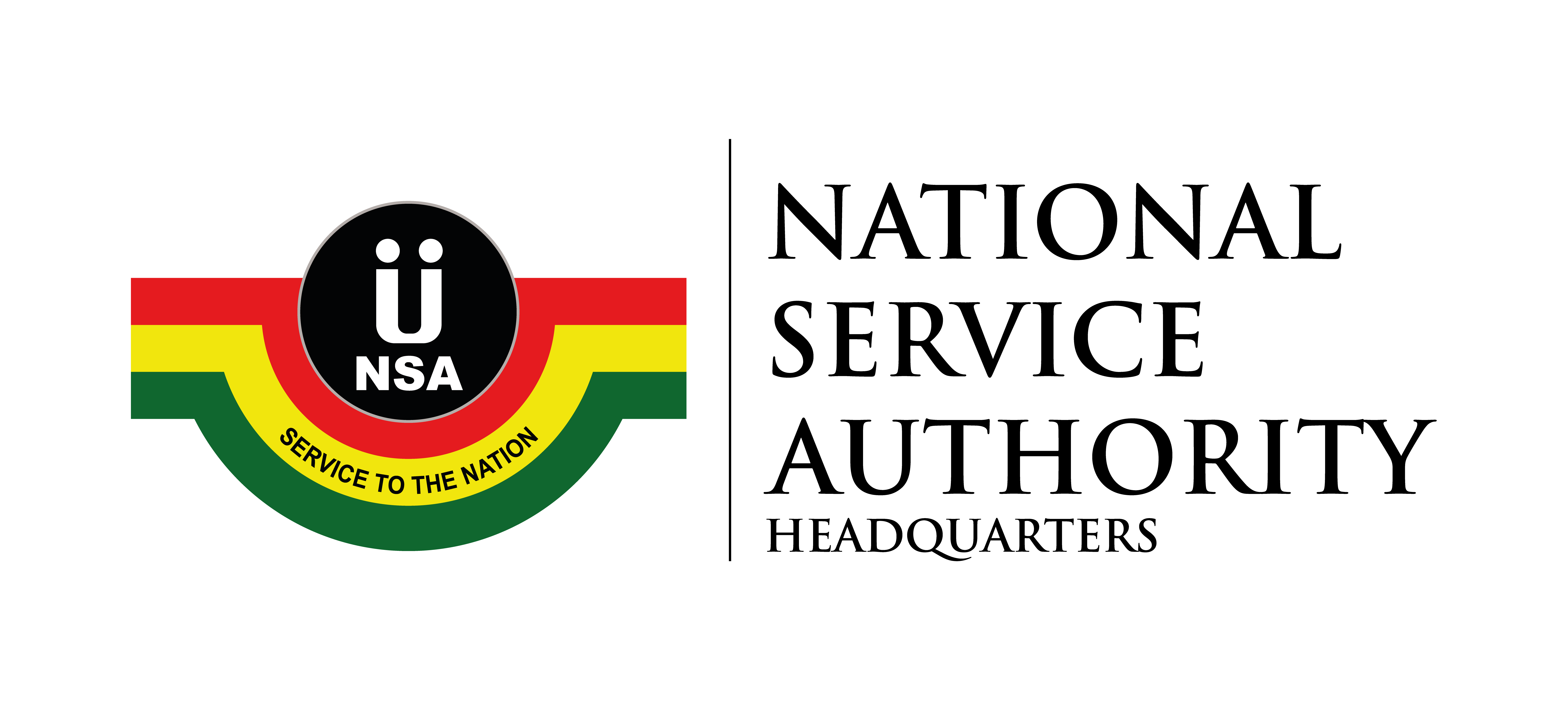
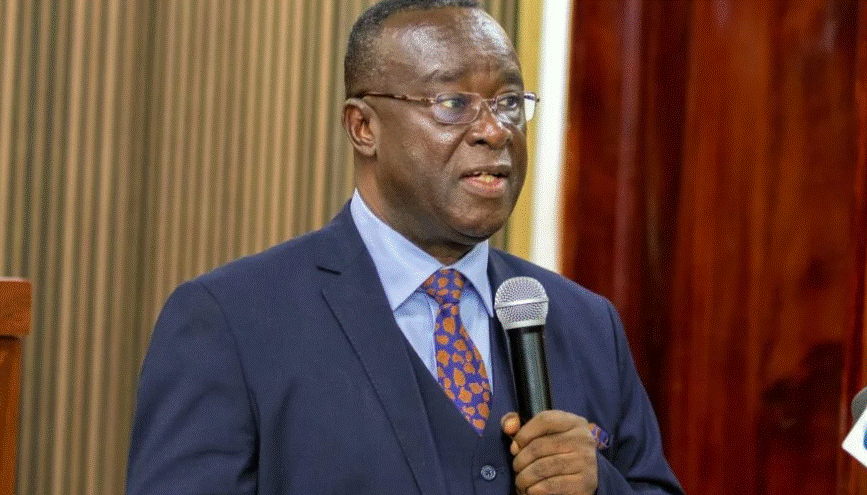







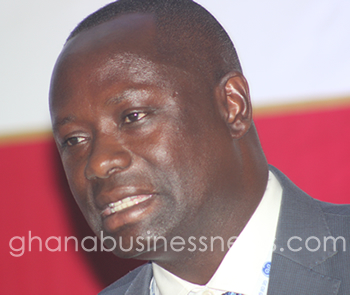

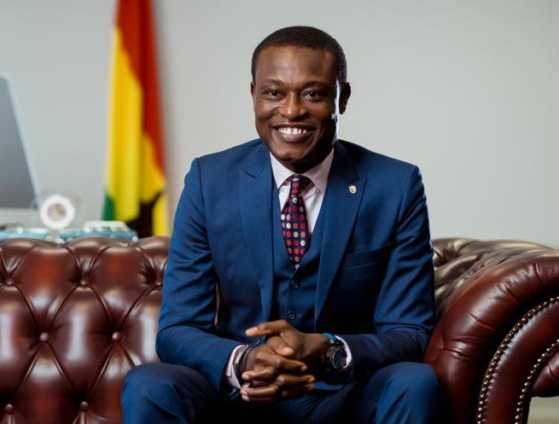
Facebook
Twitter
Pinterest
Instagram
Google+
YouTube
LinkedIn
RSS